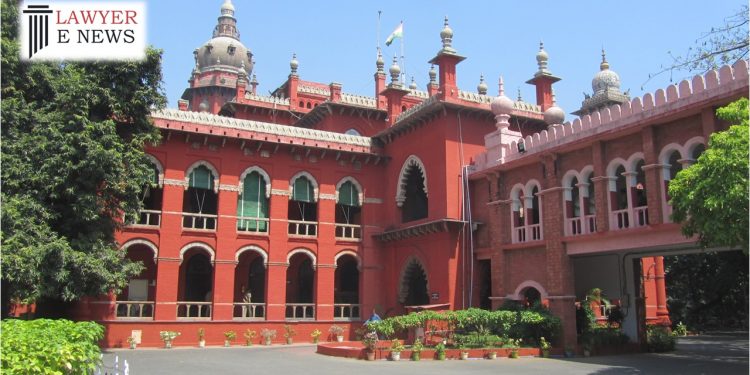-
by Admin
15 February 2026 5:35 AM



The Madras High Court in its recent ruling has clarified that duties performed by postgraduate medical students during the COVID-19 pandemic, as part of their educational curriculum, do not count towards fulfilling their mandatory service obligations under the bond signed with the government. The court emphasized that the bond service must be completed post-education in designated government facilities.
Facts and Issues Arising in the Judgment: In this case, several petitioners, who were postgraduate medical students, challenged the conditions of a bond requiring them to serve in government medical facilities for two years after completing their studies. They contended that their service during the COVID-19 pandemic should count towards this obligation. The state argued that services rendered during the educational period were part of their training and thus not eligible to be considered as bond service.
Government Investment Justification: The court noted the substantial investment by the state in the education of medical students and justified the bond service requirement as a means to ensure that the beneficiaries of subsidized education serve in state facilities, especially in rural or underserved areas.
Legal Precedents and Principles: The court analyzed prior cases dealing with the applicability of bond terms under extraordinary circumstances. It highlighted the need for consistency in judicial decisions regarding bond service terms to uphold the integrity and intent of such agreements.
Economic and Policy Considerations: The court discussed the economic rationale behind the bond service, emphasizing that governmental spending on medical training is aimed at enhancing the public healthcare system and ensuring the availability of trained healthcare professionals in public institutions.
Final Decision: The petitions were dismissed, affirming that the terms of the bond explicitly agreed upon by the petitioners must be adhered to. The court ruled that service during the educational phase, including during emergencies such as the COVID-19 pandemic, does not fulfill the bond service obligations.
Date of Decision: 22nd April 2024
Sahana Priyankaa & Ors. vs. The State of Tamil Nadu & Ors.
